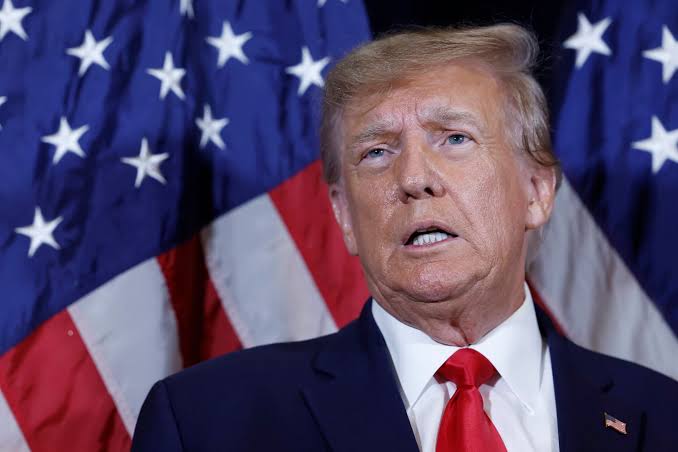

With Donald Trump’s reelection, expectations around his Middle East policy have intensified, particularly concerning Yemen. The prolonged conflict with the Houthis poses a central challenge both regionally and for U.S. strategic interests. Considering Trump’s political approach, Yemen may witness a shift in how the U.S. engages with the ongoing crisis. Additionally, Yemeni Americans, who were pivotal in supporting Trump’s victory, especially in swing states like Michigan, now hold a unique responsibility to advocate for Yemen’s future.
1. Expected U.S. Policy Toward the Yemeni Conflict
Trump’s administration will likely continue reinforcing alliances in the region to support Yemen in its struggle against the Houthis. Trump sees Iran—the Houthis' primary backer—as a serious threat to regional stability, and he may work to limit its influence by deepening ties with Arab coalition partners like Saudi Arabia and the UAE. This strategy could translate into enhanced logistical and military backing for Yemen’s legitimate government, consistent with Trump’s general stance against direct U.S. military intervention.
Moreover, Trump’s administration may impose further economic and diplomatic sanctions on the Houthis, targeting both their support networks and leadership. Such measures could limit the Houthis’ operational capacity, potentially pressuring them into pursuing political solutions under more challenging terms.
2. The Role of Yemeni Americans in Shaping U.S. Policy
The Yemeni American community is uniquely positioned to influence Trump’s policy direction on Yemen, given the notable support they provided during the election. With this political capital, the community can now engage more effectively with U.S. decision-makers and advocate for a stronger stance in support of Yemen’s legitimate government. By forming alliances with congressional representatives and other government officials, Yemeni Americans can push for policies that prioritize Yemen’s restoration and stability.
Coordinated lobbying efforts could amplify their impact, especially if they collaborate with other Arab and Muslim American communities. Together, they can increase their influence on U.S. policymakers, advocating for greater support for Yemen’s legitimate government and a more resolute stance against the Houthis.
3. Raising Awareness About the Yemeni Crisis
In addition to political advocacy, Yemeni Americans have a crucial role in raising public awareness in the United States about the humanitarian and human rights crisis in Yemen. By organizing media campaigns that spotlight Houthi human rights violations and document the suffering of Yemen’s people, they can build empathy among the American public and attract support from civil society groups that can influence U.S. policy.
Social media provides an essential platform for this outreach, allowing Yemeni Americans to spotlight the humanitarian disaster in Yemen and build grassroots support that pressures U.S. lawmakers to back solutions aimed at stabilizing the country.
4. Influencing Peace Negotiations and Political Solutions
Trump’s administration might pursue a “pressure-driven negotiation” approach, pushing the Houthis toward a peaceful resolution. Yemeni Americans can bolster this effort by generating public support for peace negotiations that aim to end the conflict and establish a fair, sustainable political transition in Yemen. Their advocacy could underscore the broader importance of stability in Yemen—not only for Yemenis but for the security of the entire region and U.S. interests.
Conclusion
In light of Trump’s re-election and his potential support for Yemen’s legitimate government, Yemeni Americans are now positioned to seize a historic opportunity to contribute actively to efforts to restore Yemen from Houthi control. By investing in the political momentum generated by Trump’s return to the White House, this community can leverage political, media, and social advocacy to guide U.S. policies toward a more assertive position on the Yemeni conflict. Ultimately, this involvement can strengthen the security and stability of Yemen, limit Iranian influence, and support the Yemeni people in their pursuit of peace and sovereignty.
Latifa Jamel
President of the American Center for Justice (ACJ)